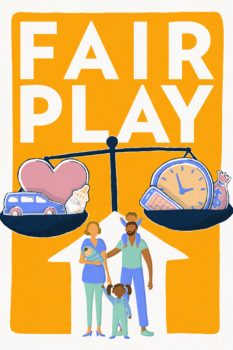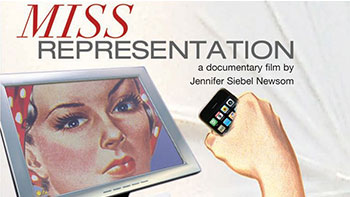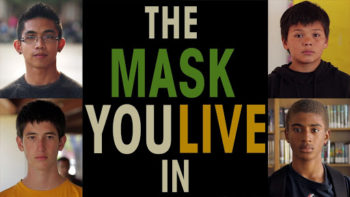May is Mental Health Awareness Month, and the American Psychological Association is making sure that women of diverse backgrounds feel heard and validated by their therapists with revamped guidelines for the treatment of girls and women in the era of #MeToo and #BlackLivesMatter. The new guidelines help therapists to:
- Recognize women’s resilience and use affirmative approaches;
- Understand multiple layers of identity and oppression (race, disability, sexuality, economic background, etc.);
- Be aware of contradictory messaging around what it means to be a woman;
- Confront their own personal and institutional biases;
- Offer diagnosis only when necessary and use unbiased assessment tools; and
- Know about alternative forms of healing, including indigenous methods and community resources.
Following the release of the APA’s first-ever guidelines for the treatment of boys and men earlier this year (in which toxic masculinity is cited as a major source of distress), these new principles are a reminder that therapists are people too — people whose own sexism and implicit biases should be addressed for the well being of their patients. Researchers from the APA found that traditionally masculine ideals tend to be applied in the treatment of women. The study found that clinicians place too much emphasis on individualism. By being aware of the intersections of women’s identities and the social forces that may impact women’s mental health, treatment can be inclusive of the complex experiences women face.
Take Action! Support Mental Health Awareness Month. NAMI (the National Alliance for Mental Illness) offers 9 ways to show your support for the one-in-five people who will be affected by mental illness in their lifetime: from social media posts to organized mental health walks, you’re sure to find a way to show your support or get help.



